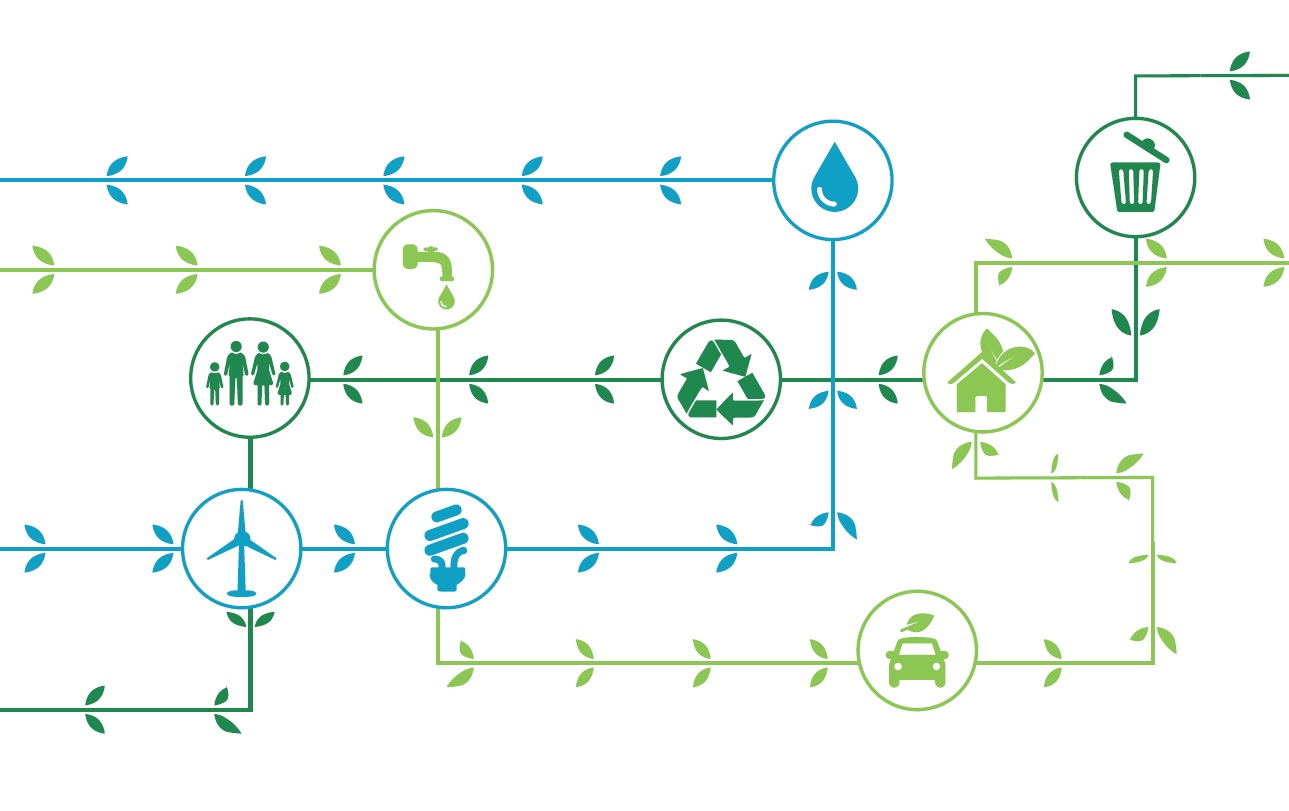[youtube id=”wO9A_5-UakQ”]
Video of panel discussion: ‘How can open science maximise the impact and value of research and innovation for our societies?‘
GYA Co-Chair Moritz Riede (UK) spoke at the Policy Symposium ‘Digital Open Science: Solving the Societal and Sustainability Challenges of the 21st Century’, hosted by Swisscore – the Mission of Switzerland to the EU – and the open access publisher Frontiers, in cooperation with the Estonian Presidency of the Council of the EU. The Symposium took place in Brussels, Belgium on 28 September 2017, and was attended by about 120 participants from the EU research and innovation community, including EU and national policymakers, researchers, universities, funders, SMEs, innovators, scholarly publishers, open science advocates and civil society groups.
The aim of the symposium was to explore how Open Science as a research paradigm – based on collaboration, transparency and accessibility – can help achieve sustainability. How can a culture of digital Open Science be established, including researchers, funders, universities, publishers and consumers? How can Open Science contribute to society with innovative, viable technologies? What conditions and tools are necessary to enable Open Science and how can policy makers support this process?
The event was opened by Mr Urs Bucher, Ambassador of the Mission of Switzerland to the European Union, welcoming participants from a wide range of backgrounds. A short video developed by Frontiers in partnership with the World Business Council for Sustainable Development set the scene. Kurt Vandenberghe, Director of Policy Development and Coordination, DG Research & Innovation, European Commission presented on ‘Fostering Europe’s leadership in Open Science and addressing the UN Sustainability Development Goals’, outlining the EU’s vision on Open Science and Sustainability. To Vandenberghe, Open Science and Sustainability is a “marriage in waiting”, a theme which was picked up throughout the evening.
Dr Kamila Markram, CEO of Frontiers, delivered the keynote ‘How best to leverage the open science revolution for the benefit of humanity?’, which revolved around the power of open access publications, something which was also stressed in the following two presentations by Prof Valerio Acocella (Professor of Geosciences, University Roma Tre, Italy) and Prof Michel Goldman, co-Director of the Institute for Interdisciplinary Innovation in Healthcare (I3h), Université Libre de Bruxelles.
In the following panel discussion on ‘How can open science maximise the impact and value of research and innovation for our societies?‘, moderated by Charlotte Geerdink (SwissCore), the discussion revolved around how Open Science can help the sustainable development goals, existing opportunities and challenges for various actors to fully embrace Open Science. Panellists included Prof Mary Ritter OBE (Chair of RISE European Open Science Advisory SubGroup), Prof Urmas Kõljalg (Open Science Expert Group, Estonian Research Council), Prof Moritz Riede (Oxford University), Mr Tamás Bereczky (European AIDS Treatment Group) as well as Mr Kurt Vandenberghe and Dr Kamila Markram. There was a general agreement that Open Science is on the march and is needed to address the SDGs, but with the radical change OS represents to the way research is conducted and assessed, many challenges were identified in the current system.
For early stage researchers, the risk of embracing OS was discussed and what this means for their academic progress given the current system of evaluation and support for OS. In that context, it was understood that more training opportunities for young researchers does not sufficiently address the risk, as long as the institutions in which research is carried out do not change themselves, which goes well beyond the shift to Open Access publications. Solutions include better infrastructure, along with actively growing expertise (incl. training of young AND senior researchers) in OS. Another challenge identified was to ensure the fair use of OS, including required improvements of the legal framework as well as how OS will be handled and be of direct benefit to people in low and middle-income countries, instead of leading to a data drain. Despite all the challenges, the panel remained optimistic that OS has a bright future and that it is a great match for the SDGs.
The evening was concluded by Mr Martin Eessalu from the Estonian Ministry of Research and Education speaking on behalf of the Estonian Presidency of the Council of the EU.
